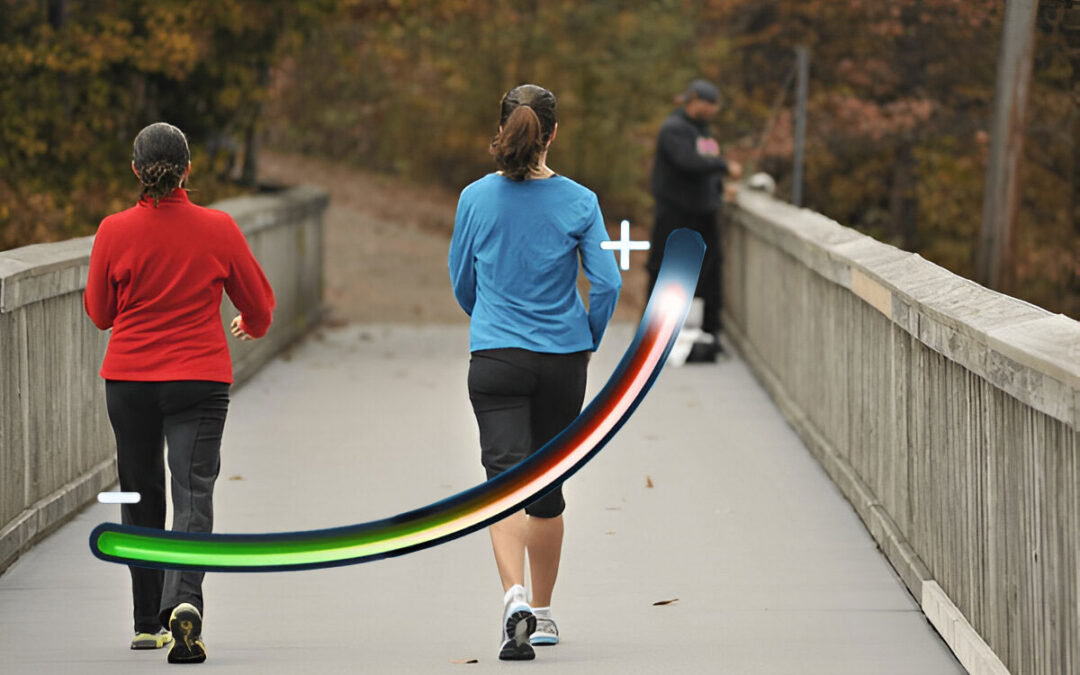Walking is one of the simplest, most accessible, and highly effective forms of exercise for promoting heart health. While any movement is better than none, understanding the nuances of walking pace and personalisation can significantly amplify its benefits for your cardiovascular system.
The intensity, or pace, of your walk plays a crucial role in maximising cardiovascular benefits:
Moderate Intensity is Key: While a stroll is beneficial, a brisk walk (moderate intensity) is where the real cardiovascular gains begin. You should aim to walk fast enough that your heart beats faster, you breathe harder than normal, but you can still carry on a conversation (you might be able to talk, but not sing). This level of exertion challenges your cardiovascular system enough to induce adaptive changes without overstraining it.
Why Personalisation is Important
A “one-size-fits-all” approach to walking might not yield optimal results for everyone. Personalising your walking program is vital for safety, effectiveness, and long-term adherence.
- Individual Fitness Levels: What’s “brisk” for one person might be a sprint for another, or too slow. A personalised program considers your current fitness level, allowing you to start at an appropriate intensity and gradually progress.
- Underlying Health Conditions: Individuals with pre-existing heart conditions, diabetes, or other chronic illnesses need a personalised approach guided by their doctor. They might require specific intensity zones or modifications to their walking routine.
- Goals and Preferences: Your walking program should align with your personal goals (e.g., weight loss, endurance improvement, stress reduction) and preferences (e.g., walking alone, with a partner, indoors, outdoors). This increases motivation and consistency.
- Progression and Adaptation: As your fitness improves, a personalised plan allows for gradual increases in duration, frequency, and intensity. This continuous challenge is necessary for ongoing cardiovascular adaptations.
- Monitoring Progress: Personalised programs often incorporate ways to track progress (e.g., step counters, heart rate monitors, journaling). This feedback can be highly motivating and help adjust the program as needed.
Starting a Personalised Walking Program:
- Consult us: Especially if you have any health concerns or are new to exercise. They can advise on safe intensity levels.
- We will assess Your Current Fitness: Start by observing your current walking habits and how you feel at different paces.
- Set Realistic Goals: We will begin with achievable goals and gradually increase them. For instance, start with 15-20 minutes of brisk walking most days of the week, and work your way up to the recommended 150 minutes of moderate-intensity activity per week.
By understanding the vital role of walking pace and tailoring your routine to your individual needs, you can harness the full power of this simple activity to achieve maximum benefits for your heart and overall well-being.

